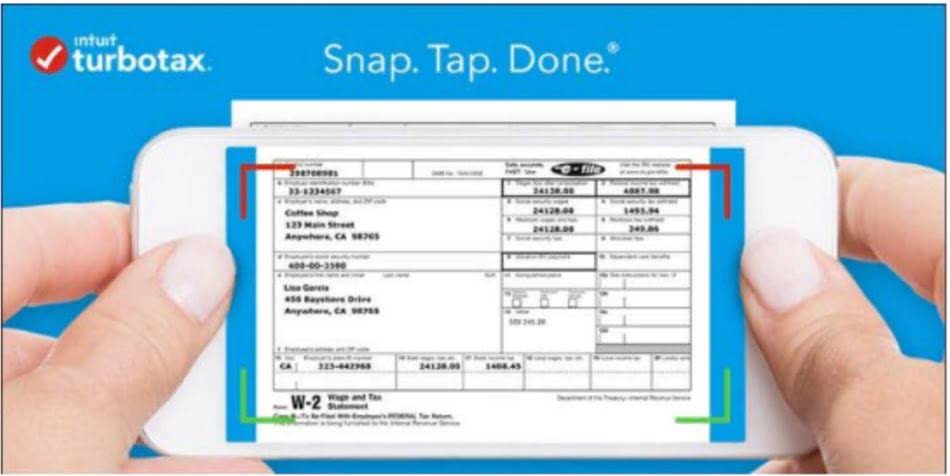W-8 BEN Tax Form: What It Is & Who Needs To File One

Whether you’re a digital nomad working from a beach in Bali or an engineer on a short-term assignment in the U.S., it’s important to understand if and when you need to fill out a W-8 form. While completing a W-8 tax form may seem like an extra hassle when it comes time to pay taxes each year, its purpose is essential in ensuring proper taxation is applied based upon applicable tax law requirements by both foreign countries and the United States alike. Foreign individuals who are students and researchers should enter specific withholding rates. If online bookkeeping you’re not a resident of the country where you have citizenship, you should enter your country of residence (instead of your country of citizenship). If you’re a dual citizen, you should enter the country where you are both a resident and a citizen on the date you complete the form.

Timeline Requirements:
The W-8EXP’s requirement for documentation supporting exempt status underscores its role in facilitating tax exemptions for specific entities. While these are IRS forms, you need to submit them to the withholding agent or payer, which will mostly be clients/employers and not to the IRS. Failing to share the relevant w8 form with your client or employer can result in your U.S. client/employer withholding tax at a flat 30% rate on your payments, even if a tax treaty benefit applies. Form W8 BEN is for individuals, and W8 BEN-E is for entities to certify their foreign tax status and claim reduced tax withholding rates under a tax treaty with the U.S., like the India-U.S. Article 20 of the United States-China income tax treaty allows an exemption from tax for scholarship income received by a Chinese student temporarily present in the United States.
Requesting Prior Versions of Form W-8
These instructions supplement the instructions for the forms listed below and provide notes to assist withholding agents and foreign financial institutions (FFIs) in validating the forms for chapters 3 and 4 purposes. These instructions also outline the due diligence requirements applicable to withholding agents for establishing a beneficial owner’s foreign status and claim for reduced withholding under an income tax treaty. These instructions are not inclusive of all requirements that may apply to a withholding agent for validating Forms W-8. A withholding agent should also reference the applicable regulations under chapters 3 and 4 and the instructions for each Form W-8 listed below. A foreign reverse hybrid entity is an entity that is a corporation for U.S. tax purposes but is fiscally transparent under the tax laws of a country with which the United States has an income tax treaty.
Who Needs to Fill W8 Ben Form?

Form W8BEN (“Certificate of Foreign Status of Beneficial Owner for United States Tax Withholding and Reporting”) must be submitted by Indian individuals who receive certain types of income in the United States including royalty/passive income. A W-8 form is an IRS form used by foreign individuals and entities doing business in the United States. You what is a w8 need to complete a Form W-8BEN for each requester, and some withholding agents may require a separate Form W-8-BEN for each type of income. That the individual is a foreign person (technically a non-resident alien) and not a U.S. citizen. That the individual in question is the beneficial owner of the income connected to Form W-8BEN.
- One component you might encounter when dealing with US source income and international taxation is the W-8 tax form.
- Missing details such as the entity’s full legal name, address, or the specific income type can lead to processing delays and incorrect withholding.
- If you are a withholding agent (including an FFI), you may also request and rely upon an alternative certification from an entity account holder to establish that the account holder is an NFFE (rather than a financial institution) under an applicable IGA.
- The form also helps you claim a reduction or an exemption from the U.S. tax withholding if you reside in a country with which the United States has an income tax treaty and the income you received is subject to that treaty.
- “Taxation of Nonresident Aliens – International Tax Gap Series” Accessed July 12, 2024.
- Understanding income categorization is essential, particularly for businesses with diverse revenue streams.

Finally, all details and sections of the form must be completed https://www.bookstime.com/articles/working-capital-ratio in line with the submission criteria. Another issue for businesses is the distinction of FATCA classification in W-8 BEN-E. There are classification schemes as set out in the Foreign Account Tax Compliance Act (FATCA), which obliges business providers to classify themselves correctly as Foreign Financial Institutions (FFI) or Non-Financial Foreign Entities (NFFE). W8 BEN-E → Indian firms (LLPs, Pvt Ltd or enterprises) that receive payments from clients based in the U.S.

- Otherwise, you may need to withhold the full 30% tax rate from their income.
- The W-8 form specifically is used by foreign entities, both citizens and organizations, for the purpose of gaining exemption from filling for particular tax withholdings.
- For a beneficial owner that is claiming treaty benefits for gain or income with respect to a PTP that is subject to withholding under section 1446(a) or (f), the name of each PTP to which the claim relates must be identified.
- Generally, a change of address within the same foreign country or to another foreign country is not a change in circumstances.
- For Indian residents, cite Article 15 (Independent Personal Services) or Article 7 (Business Profits) of the India-U.S.
See Compensation for Dependent Personal Services in the Instructions for Form 8233. Generally, only a nonresident alien individual can use the terms of a tax treaty to reduce or eliminate U.S. tax on certain types of income. However, most tax treaties contain a provision known as a “saving clause” which preserves or “saves” the right of each country to tax its own residents as if no tax treaty existed. Exceptions specified in the saving clause may permit an exemption from tax to continue for certain types of income even after the recipient has otherwise become a U.S. resident alien for tax purposes.
